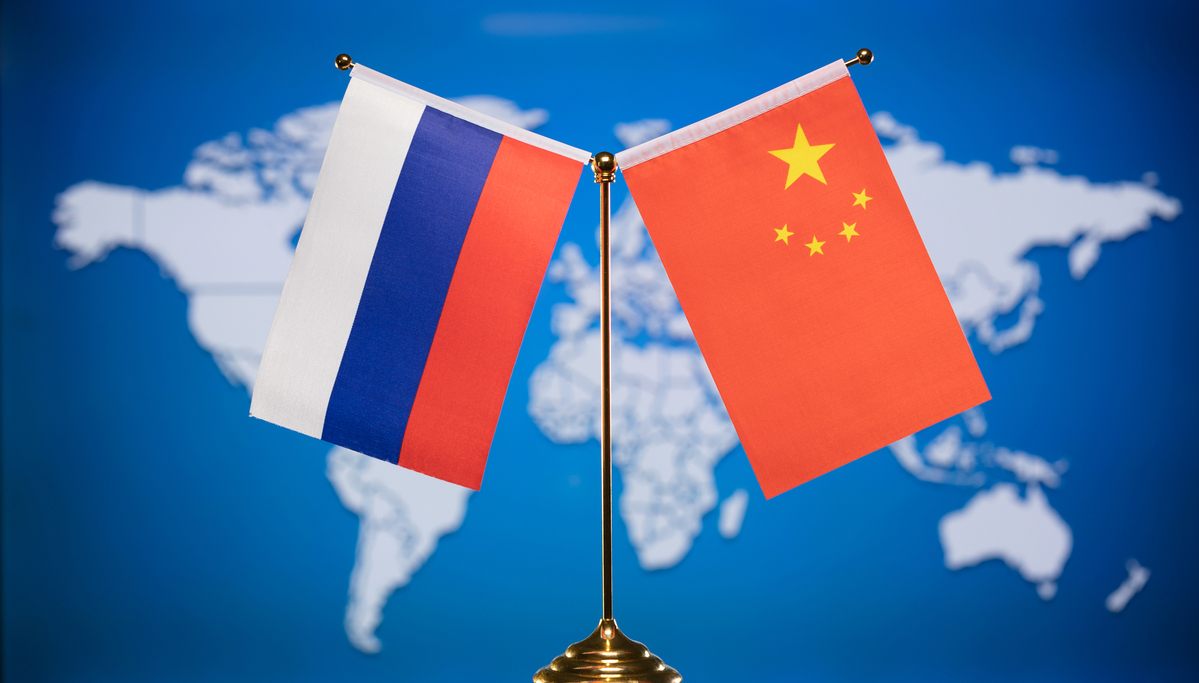Chinese Banks Reject Russian Payments, Boosting Use of Crypto
17.08.2024 8:15 1 min. read Alexander Stefanov
Chinese regional banks, once vital for processing Russian payments, are now rejecting these transactions due to concerns about secondary sanctions.
This has led to the rise of alternative methods such as cryptocurrency and barter to maintain trade between Russia and China.
The smooth flow of Russian-Chinese trade is now disrupted as Chinese regional banks halt yuan-based transactions from Russia. This change, reported by Izvestiya, follows a pattern of banks pulling back due to fears of being hit by secondary sanctions. Ekaterina Kizevich from Atvira confirmed her bank notified her of a payment suspension in July.
Russian firms are exploring options like using Russian bank branches in China, though this can increase costs by up to 5%. Barter trading is also being considered, though it’s not feasible for all goods.
Cryptocurrency is emerging as a key solution, with stablecoins being used by Russian metal producers for transactions with Chinese suppliers since June. As new laws regulating crypto payments come into effect, their use in bypassing traditional financial systems and potential sanctions may become more prevalent.
-
1
Key Crypto Events to Watch in the Next Months
20.07.2025 22:00 2 min. read -
2
USA Imposes Tariffs on Multiple Countries: How the Crypto Market Could React
08.07.2025 8:30 2 min. read -
3
UAE Regulators Dismiss Toncoin Residency Rumors
07.07.2025 11:12 2 min. read -
4
Ripple Selects BNY Mellon as Custodian for RLUSD Stablecoin Reserves
09.07.2025 15:28 2 min. read -
5
Majority of U.S. Crypto Investors Back Trump’s Crypto Policy, Survey Finds
05.07.2025 18:09 2 min. read
Why Most Americans Still Avoid Crypto Despite Growing Adoption
Cryptocurrency ownership in the U.S. has grown steadily over the past few years, but it remains far from widespread.
Two Upcoming Decisions Could Shake Crypto Markets This Week
The final days of July could bring critical developments that reshape investor sentiment and influence the next leg of the crypto market’s trend.
Winklevoss Slams JPMorgan for Blocking Gemini’s Banking Access
Tyler Winklevoss, co-founder of crypto exchange Gemini, has accused JPMorgan of retaliating against the platform by freezing its effort to restore banking services.
Robert Kiyosaki Warns: ETFs Aren’t The Real Thing
Renowned author and financial educator Robert Kiyosaki has issued a word of caution to everyday investors relying too heavily on exchange-traded funds (ETFs).
-
1
Key Crypto Events to Watch in the Next Months
20.07.2025 22:00 2 min. read -
2
USA Imposes Tariffs on Multiple Countries: How the Crypto Market Could React
08.07.2025 8:30 2 min. read -
3
UAE Regulators Dismiss Toncoin Residency Rumors
07.07.2025 11:12 2 min. read -
4
Ripple Selects BNY Mellon as Custodian for RLUSD Stablecoin Reserves
09.07.2025 15:28 2 min. read -
5
Majority of U.S. Crypto Investors Back Trump’s Crypto Policy, Survey Finds
05.07.2025 18:09 2 min. read


